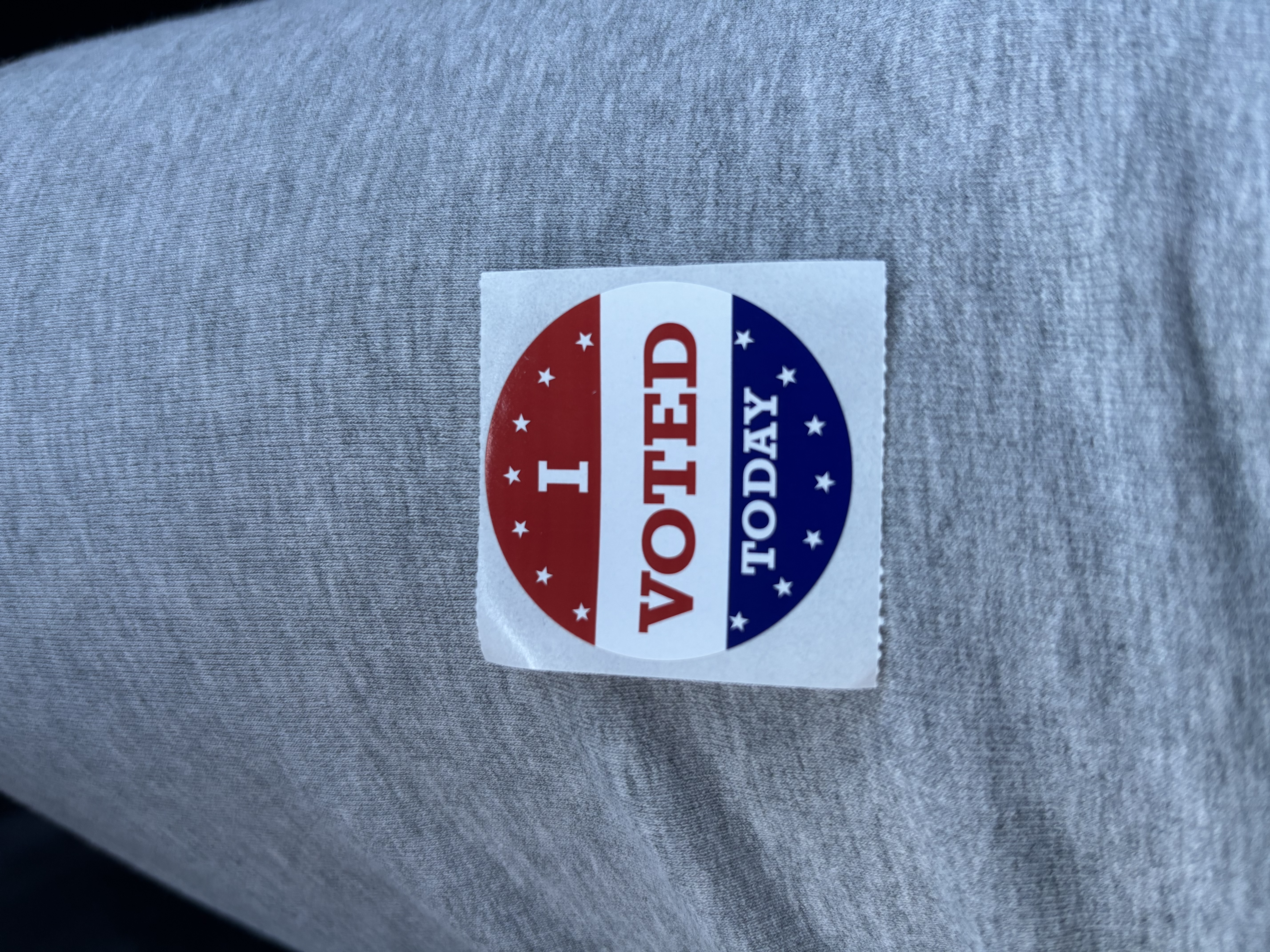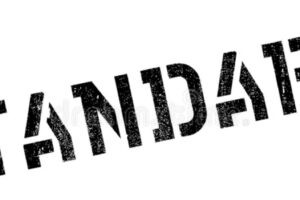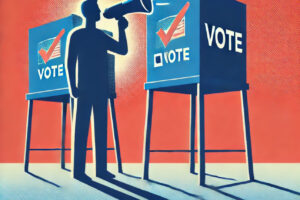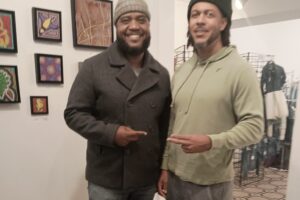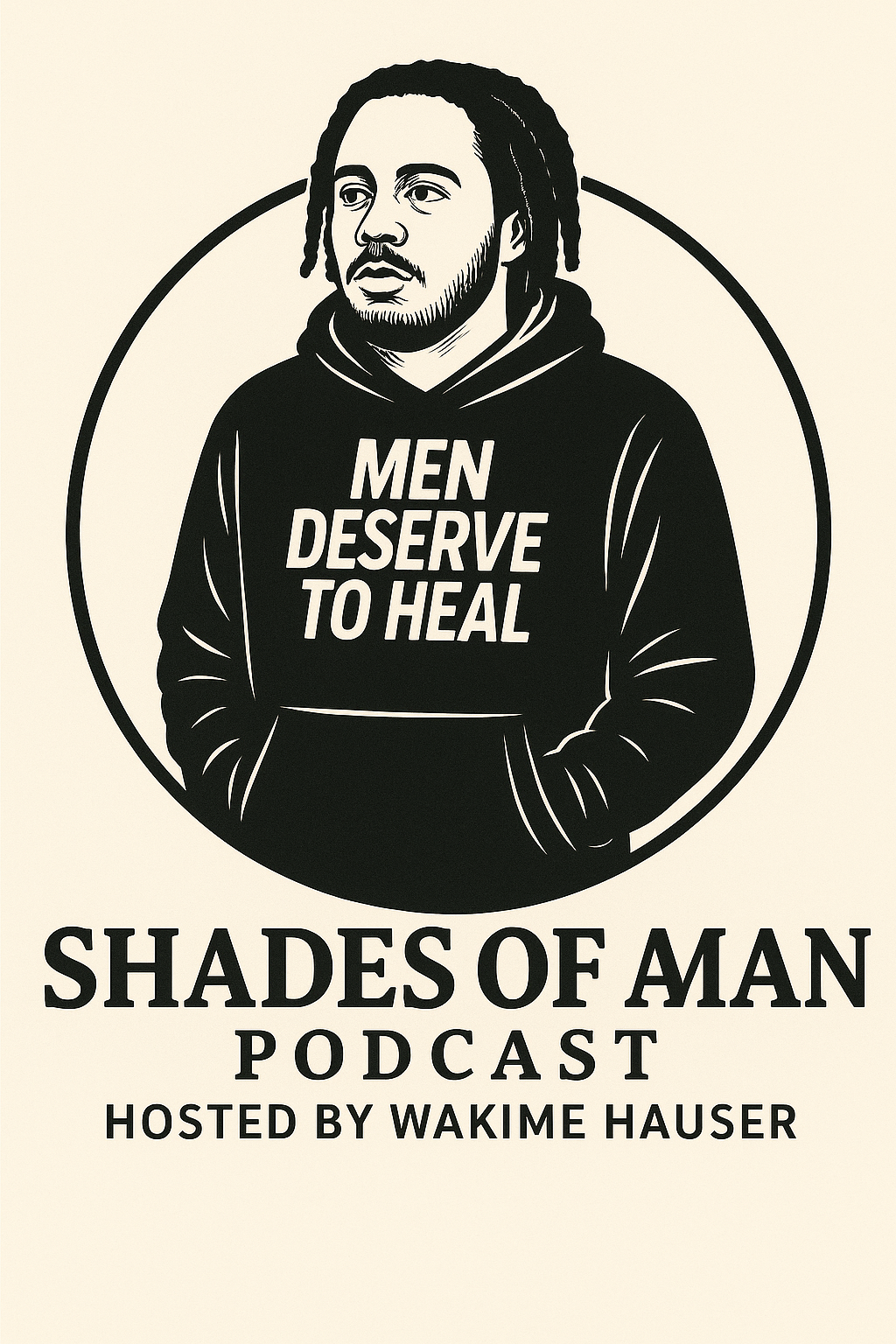Election Day!
As I pulled up to the polls at Kenney Elementary School in Manchester, Connecticut, I couldn’t help but reflect on the first time I ever voted back in 1992. I was young, born a Democrat, casting my vote for Bill Clinton without much thought. Back then, voting felt straightforward, a quick alignment with what I’d always known. But this time, over 32 years later, I felt something entirely different. I felt the weight of responsibility, yes, but also a deep questioning of the act itself—a reflection on whether voting, as it stands, truly aligns with my values.
Time has taught me more about life, about this country, and about the principles that should ground our society. My experiences as a Black man, an independent thinker, and a father have reshaped how I see my place here and the responsibility I bear. Today, when I vote, I don’t do it out of habit but from a conscious sense of duty. Yet I can’t help but wonder if casting my vote is, in part, an acceptance of a system that no longer if ever seems to serve us all. It has never served people who look like me in my humble opinion. I find myself voting in elections where candidates seem chosen for me—choices that don’t reflect the values I hold dear or the changes I hope to see.
Faith, family, and a commitment to what makes America strong have grounded me. Religion taught me discernment and conviction, while family instilled a need to think beyond myself and leave a legacy worth passing down. Education taught me to think critically, to look beyond the surface. And though I didn’t serve in the military, I respect the ideals of duty and honor that are as vital in civilian life as on the battlefield. But as I look at the choices presented, I question whether these values are truly represented.
The deeper I reflect, the more I wonder if voting has become a ritual—a way to sustain a system that shifts only when it benefits itself. I worry about a country that seems fractured, where once-solid values (though tainted) like the dignity of hard work, the sanctity of family, and principles that transcend party lines feel as if they’re slipping away. I remember a time when we knew the election results by the end of the night, but now, in a world that’s faster than ever, we’re told we may have to wait. Why is it that so much in life has sped up, yet this process—the very backbone of our democracy—has slowed?
In this age, we easily judge the past through the lens of the present, dismissing the lessons our forefathers left behind. They were flawed, yes, but they built a foundation of courage, sacrifice, and resilience that allowed us to stand where we are today even though at they time the excluded certain groups. Judging history by today’s ideals keeps us behind, unable to learn what’s necessary to move forward.
Voting should be an act of conscious participation, a moment when we acknowledge our shared destiny as a nation. But here we are, divided, viewing politics through temporary lenses. As a Black man who loves this country, I want a better future for my grown children step children and for all of us. I want a society that respects its past, values its families, prioritizes education, and honors those who’ve sacrificed in service to something greater.
When I entered that voting booth, I wasn’t just voting for a party or convenience. I was voting for a vision of America rooted in values that reach beyond political cycles. I prayed that we’d remember who we are, not just as voters but as Americans, each carrying a piece of this nation’s legacy. Yet, with each election, I wonder more if voting is an illusion—a task that maintains a system rather than changing it. And if that’s true, I don’t know how much longer I’ll continue, because true change must come from a deeper place than a ballot.


